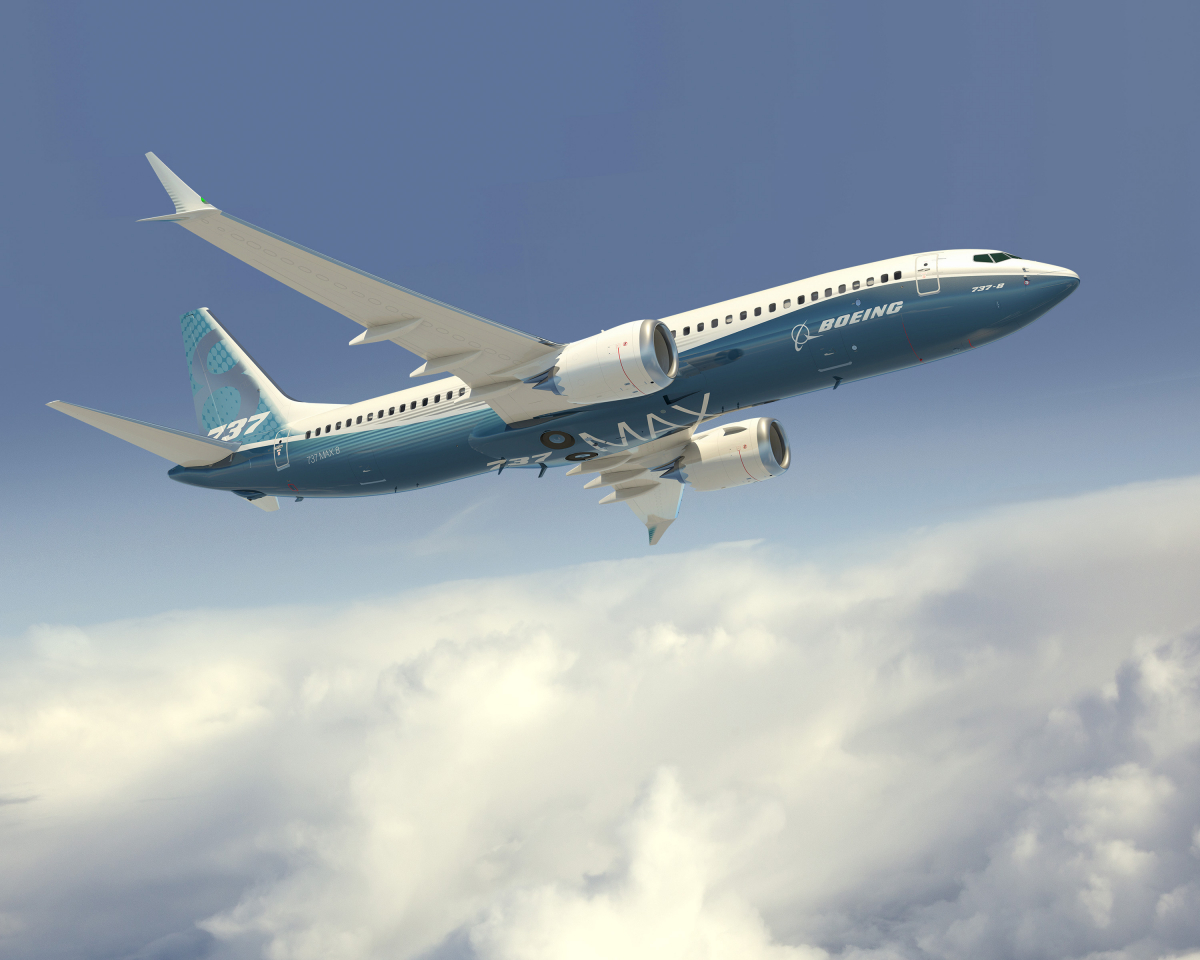The Seattle-based aircraft manufacturer announced it was aiming for the resumption of deliveries of the Boeing 737 MAX in December 2019. The return to flying service of the aircraft, which will occur at best in the first quarter of 2020, will depend upon passing four stages.
Boeing is targeting a resumption of deliveries of the 737 MAX in December 2019, if the Seattle-based aircraft manufacturer gets the approval of the FAA, which keeps not specifying any schedule. The return to commercial air service of the aircraft will be more complicated as the FAA and other certification bodies will certainly take a step-by-step approach. The 737 MAX will be certified at best in Europe in the first quarter of 2020. The re-flight within airlines may take more time. “On a global scale, it could extend over twelve months”, said David Calhoun, President of Boeing.
Before the 737 MAX returns to flight within the airlines, Boeing has to go through five key stages with the FAA. The first, the eCab simulator certification session with the FAA, has already been completed. Its purpose was to make sure that the entire software system is operating as intended, both under normal operating conditions and in the event of a system failure. This simulator evaluation took place over several days.
Four other key points remain. To begin with, the FAA's evaluation of the pilots' workload, which will be based on a multi-day simulator session with airline pilots, to assess human factors and the workload of crews under various test conditions. Next will be FAA certification flight tests. Pilots from the U.S. Civil Aviation Administration will conduct one (or more) certification flight(s) with the final version of the updated software. Subsequently, Boeing will provide the FAA with the finalized elements, that is, once the FAA certification flight(s) campaign is completed Boeing will submit to the Federal Agency the documents and elements of the final certification required for the MCAS software certification. It will then be necessary to carry out the evaluation of the simulator training by the Joint Operational Evaluation Board (JOEB). This body, composed of members from different regulatory authorities, will hold a multi-day simulator session with pilots from several international regulatory authorities to validate training requirements.
Then remains the most difficult: to convince the cabin crews and especially the passengers that the aircraft is safe... which may take a while.

